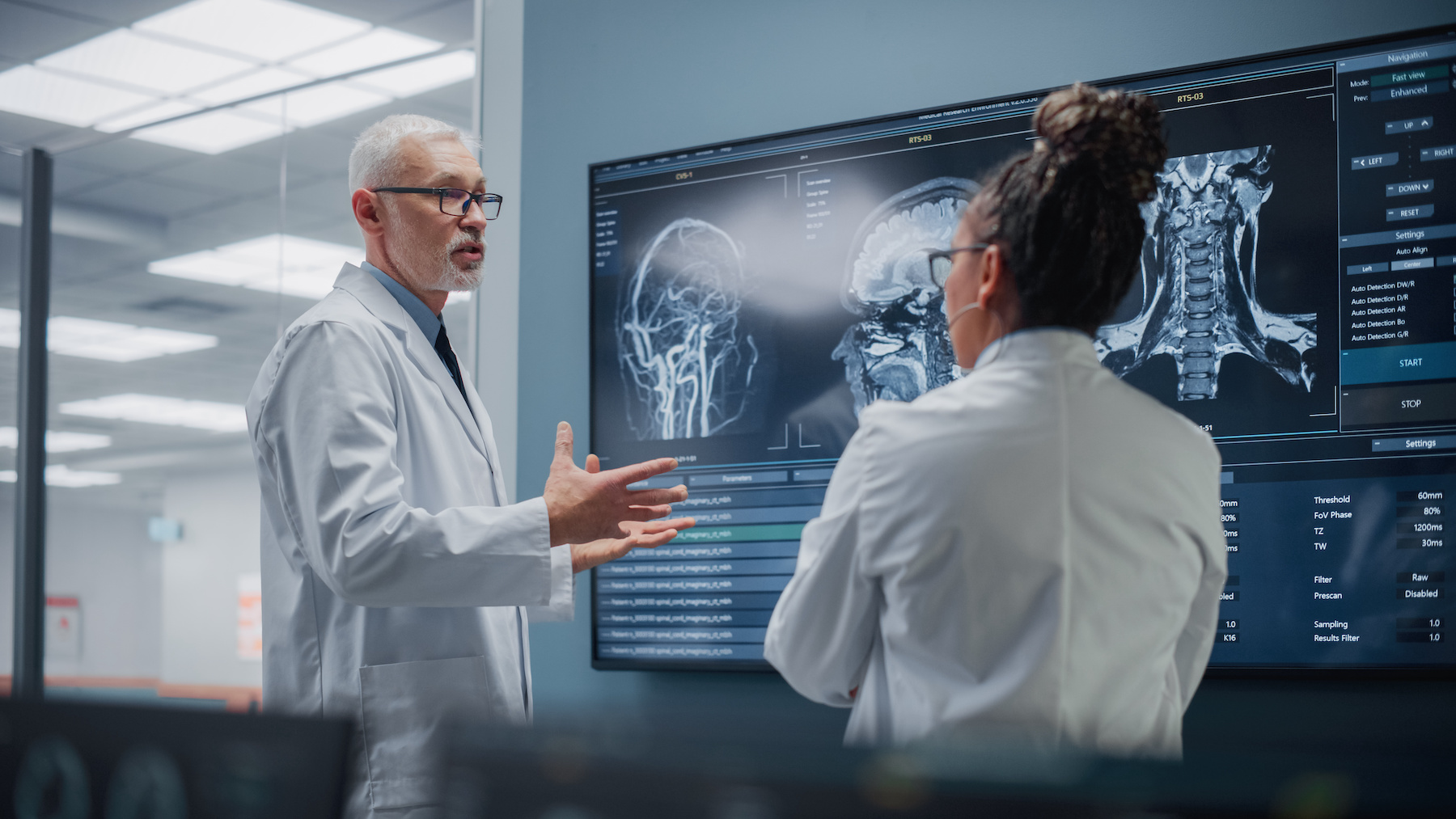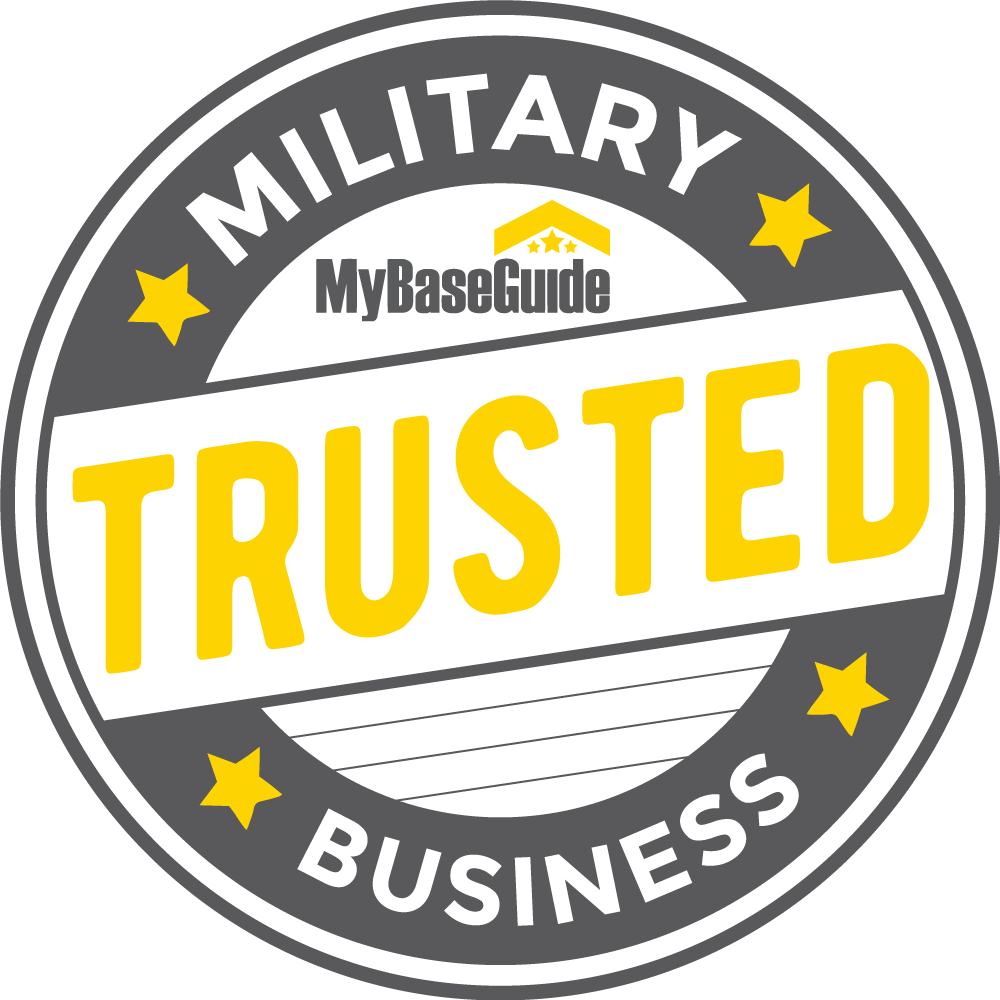Treating Depression for Active Military and Veterans
Honoring the courageous men and women who have served our nation, we extend our heartfelt appreciation for your sacrifices and dedication. At the TMS Institute of Arizona, we stand committed to delivering top-tier mental health care. We take immense pride in our role as a premier provider of TMS therapy for depression and related disorders. We stand ready to offer our support.
Tricare for Depression Treatment: Tricare may cover you for Depression Treatment with rTMS
In most cases, Tricare insurance policies cover TMS treatment and Spravato for treatment-resistant major depressive disorder and sometimes TMS for OCD
We will help you work with your insurance provider if you are seeking TMS treatment for depression or depression combined with other conditions such as PTSD. This begins with a required evaluation by a physician at the TMS Institute. Following this evaluation, clinic notes are sent to the patient’s insurance provider for initiation of the prior authorization procedure.

Hear it from a few of many about the relief they experienced by using Tricare for Depression Treatment with TMS…
“My experience was life-changing. I struggled through years of sleeplessness, constant worry, and struggle with everyday life. Halfway through my first treatment plan, my spirit was revived. My loved ones, acquaintances, and people I met started to comment on my positivity and overall demeanor. I went from losing hope, to cherishing every moment. I would urge anyone who is struggling with head injury, depression, PTSD, or any type of psychological struggle(s) to pick up the phone and inquire. Your best days are still to come.” -JG, Retired Army
“I was living in despair and physical pain every day without reprieve, that is until I was able to get treatment. I underwent neural restorative therapy for two months with total symptom resolution. I can function again at work, and can spend much needed time with my family. I have my sense of well-being back and a clarity of thought I haven’t had in many years.” – Army Veteran
“I felt the positive effects of the treatment in the first 3 days. I had irritability issues and sleeping issues among other things. I started sleeping through the night on day 3. And not just sleeping but sleeping hard and dreaming. So I know I was in R.E.M sleep. It has helped me focus, feel more energetic, less irritable, more caring to others and helped with joint pain and tinnitus. Trust the process and you’ll have the same results as I did.” – TW, Alpha Elite Performance, Retired Green Beret
“It was absolutely terrifying to not know what was wrong with me or how to fix the problem. MeRT not only identified the deteriorated state of my brainwave activity, they restored its function… I consider the healing I experienced to be nothing short of a miracle.” – US Army Veteran
Eligibility for TMS using TRICARE for Depression
Qualifying for TRICARE-covered TMS therapy involves meeting specific criteria:
- Individuals must be 18 years or older.
- A diagnosis of major depressive disorder is necessary.
- Patients must have either failed to respond to another form of treatment or found a previous treatment unsuitable.
- All forms of Military as well as retired service members and their families can qualify for Tricare.
Getting Started with Tricare for Depression
Starting on your depression treatment journey with TRICARE coverage is simpler than ever with our assistance.
Connect with our New Patient Coordinator to kick-start the process and get any questions about TMS treatment and our tailored protocols answered.
Our Insurance Coordinator is your go-to resource for TRICARE inquiries, copay explanations, and assistance with determining coverage.
At the TMS Institute of Arizona, we can assist you, whether seeking treatment for yourself or another individual
Depression Treatment Studies
There are many peer-reviewed research studies that have shown TMS to be a highly effective treatment for Depression. Here are just some of these with Links to review the full published study.
TMS Should Be Considered as First-Line Treatment For Moderate to Severe Major Depressive Disorder, in Psychiatric News, October 2022. The article’s author, Richard A. Bermudes, reviewed a decade’s worth of studies on the effectiveness of TMS, and wrote this: “As I read the [APA] guidelines recently and considered the number of new outcome studies conducted with TMS, I believe TMS should be considered, in addition to pharmacotherapy and psychotherapy, as a first-line treatment for patients with moderate to severe major depressive disorder.”
A retrospective chart review to assess the impact of alpha- guided transcranial magnetic stimulation on symptoms of PTSD and depression in active-duty special operations service members, 21 June 2024. “This data provides a demonstration of significant reduction in PTSD and depression symptoms and safety with the application of a-rTMS in active-duty special operations military personnel. Expansion of targeted neuromodulation programs could be impactful for military and civilian populations.”
Transcranial magnetic stimulation (TMS) for major depression: a multisite, naturalistic, observational study of quality of life outcome measures in clinical practice, July 2013. This study found: “Conclusion: These data confirm that TMS is effective in the acute treatment of MDD in routine clinical practice settings. This symptom benefit is accompanied by statistically and clinically meaningful improvements in patient-reported QOL [quality of life] and functional status outcomes.”
A naturalistic study of the efficacy and acceptability of rTMS in treating major depressive disorder in Australian youth, June 30, 2024, found the following:
“Results: A 4–7-week course of rTMS significantly reduce symptoms of self-reported depression (42.5% response) and clinician-assessed depression (40.7% response). Both anxiety and stress significantly reduced across the course of rTMS treatment and significant improvements to QoL and self-reported cognition were observed. Reported side effects following rTMS in youth included a mild headache and fatigue.
“Conclusions: The findings of this naturalistic study suggest that an acute course of rTMS provided in private clinical settings is safe and effective – resulting in similar response rates in youth patients as reported in adult patients. In real world practice, rTMS proves to be a well-tolerated and highly effective intervention for MDD in youth, across diverse clinical settings.
“Implications and Contribution: The findings of this naturalistic study suggest that in real world practice, rTMS proves to be a well-tolerated and highly effective intervention for treating depression and anxiety in youth (17–25-year-olds), with additional benefits to cognitive symptoms of depression and overall well-being.”

Use of Transcranial Magnetic Stimulation for Depression, May 2019, stated: “The clinical efficacy of TMS as an antidepressant has been well established. TMS is an innovative and promising treatment modality for patients with TRD [treatment-resistent depression].”
Experimental depression treatment is nearly 80% effective in controlled study, October 28, 2021: “In a double-blind controlled study, high doses of magnetic brain stimulation, given on an accelerated timeline and individually targeted, caused remission in 79% of trial participants with severe depression. “A new type of magnetic brain stimulation brought rapid remission to almost 80% of participants with severe depression in a study conducted at the Stanford University School of Medicine.
Transcranial magnetic stimulation (TMS) for major depression: a multisite, naturalistic, observational study of acute treatment outcomes in clinical practice, Carpenter et al, 2012. This study found as its conclusion: “These data indicate that TMS is an effective treatment for those unable to benefit from initial antidepressant medication.”
Stanford Neuromodulation Therapy (SNT): A Double-Blind Randomized Controlled Trial, Oct 2021: “Major depressive disorder is the leading cause of disability worldwide, and approximately 50% of patients meet criteria for treatment-resistant depression. Repetitive transcranial magnetic stimulation (rTMS), a brain stimulation treatment approved by the U.S. Food and Drug Administration (FDA) for treatment-resistant depression, targets the left dorsolateral prefrontal cortex (DLPFC), a key area in neural circuitry underlying depressive symptoms that has been shown to be hypoactive in major depressive disorder. Contemporary FDA-approved protocols for stimulation of the left DLPFC are limited by the long duration of treatment course (6 weeks) and have been only modestly effective, inducing remission after 4–6 weeks of treatment in ∼17% of patients who have not shown response to three prior antidepressant treatments.”
Efficacy of repetitive transcranial magnetic stimulation in treatment-resistant depression: the evidence thus far, August 2019. This found: “rTMS is rapidly gaining popularity as a treatment modality for depression. There is growing evidence to support its use in patients with depression as a monotherapy or as adjunct with pharmacotherapy. Additionally, rTMS has been found to be safe and effective in pregnant patients and elderly patients…”

Talk with our New Patient Coordinator
Our New Patient Coordinator is here to answer all your questions so you can make the most informed decision.
She can explain our treatment protocols, fees, any possible insurance benefits, and more. She can also schedule you for the next step: a consultation with one of our Doctors.
From there, we can determine if you may benefit from MeRT® or TMS treatment, and you can decide if you would like to move forward. We hope you will consider getting more information. You deserve to live a life free from your symptoms — and we want to help you do just that!













